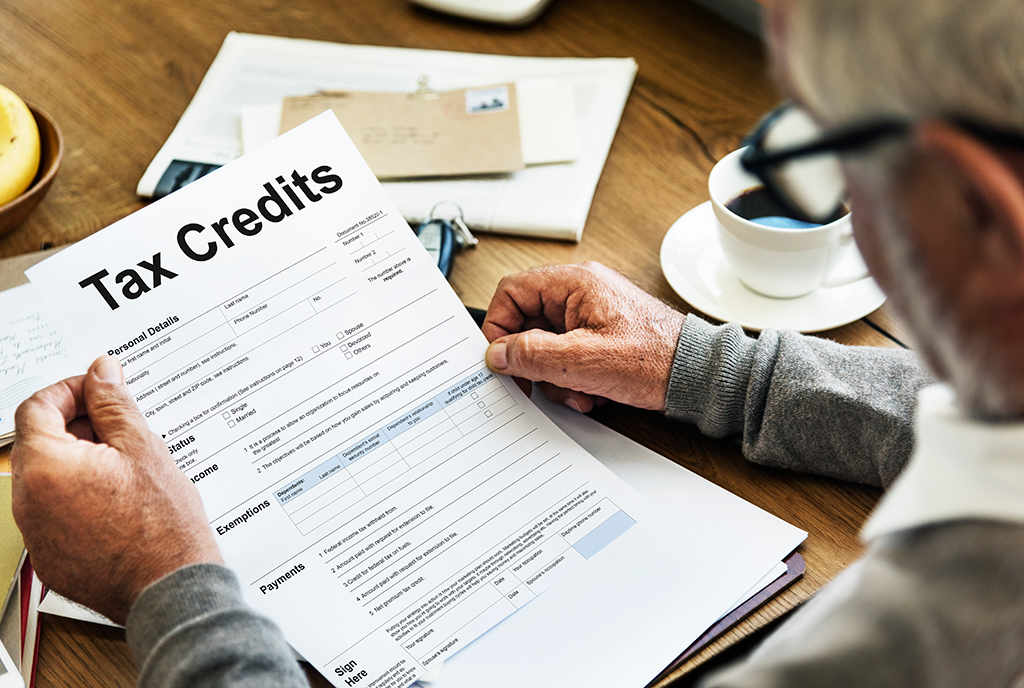
The government loves to partner with small business owners.
It’s true.
A functioning society needs all manner of goods, services and jobs for its citizens — including those provided by small businesses. When the government wants more of these, it offers tax incentives to entrepreneurs to encourage them to invest back into their businesses.
This creates a win-win. Business owners make investments that grow their businesses and lower their taxes, and the government expands the economy.
These tax incentives aren’t loopholes. And they aren’t a secret. They’re just part of the tax law.
In fact, the government has created page upon page of tax incentives designed to encourage people — especially business owners — to take actions that benefit society. Tax expert Tom Wheelwright, CPA shared these top tips on how small business can reduce their tax bill in a recent interview:
1. Take the home office deduction.
Lots of people work from home, but business owners are the only ones who get to deduct the expenses associated with their home offices from their taxes. Dedicated office space, high-speed internet, higher utility bills and office supplies are just some of the expenses you may be able to deduct.
Unfortunately, many people who qualify for this deduction don’t take it out of misguided fear that it is a “red flag” that will trigger an IRS audit. This advice isn’t coming from a good CPA. Small business owners need to work with a CPA who will show them how to use and document their home office expenses correctly so they can receive the deductions to which they are entitled without fear of an IRS audit.
2. Buy a building.
Small business owners who own, rather than rent, the property that houses their business create additional opportunities to increase their wealth while paying less tax. Banks are often happy to lend for these purchases, and the loan isn’t considered taxable income. Then, thanks to a tax incentive known as bonus depreciation, small business owners can deduct a large portion of the purchase price in the first year, even when they used a loan to make the purchase. It’s like having the government pay for part of the purchase.
3. Install a solar power system.
Once they have their own building, small business owners can further reduce their taxes (and their energy costs) by investing in a solar power system.
The government has put a number of great tax incentives in place to entice more people to make the shift to renewable energy sources. Right now, entrepreneurs can receive a 30% tax credit and deduct more than 65% of the cost of the equipment in the year they buy the equipment. Then, deducting the interest expense and/or finance costs associated with any loans they take out on the equipment provides even more tax benefits.
4. Buy or lease an electric vehicle.
Like other business expenses, vehicles that are used for business create tax deductions. And because the government wants people to switch from gas- or diesel-powered vehicles to electric, it is offering great tax credits to do so.
Individuals with high incomes aren’t eligible for the tax credits on vehicle purchases, but the full tax credit is available if you lease the vehicle. In addition, the monthly lease payment can be deductible to the business if used solely for business.
5. Add electric vehicle charging stations.
Once a small business owner has a building with solar power and electric vehicles, adding charging stations to the property only makes sense. Luckily, the government also wants entrepreneurs to help build out the network of charging stations. Ready access to charging stations is key to convincing more drivers to switch to electric, so the Inflation Reduction Act included tax credits for businesses that install new EV chargers worth up to $100,000 per charger.
These five investments are just the beginning of the win-win opportunities available to small businesses. Entrepreneurs should work with their tax advisors to ensure they are maximizing their business growth and minimizing their taxes.
This article was written by Jaime Catmull from Forbes and was legally licensed through the DiveMarketplace by Industry Dive. Please direct all licensing questions to legal@industrydive.com.

